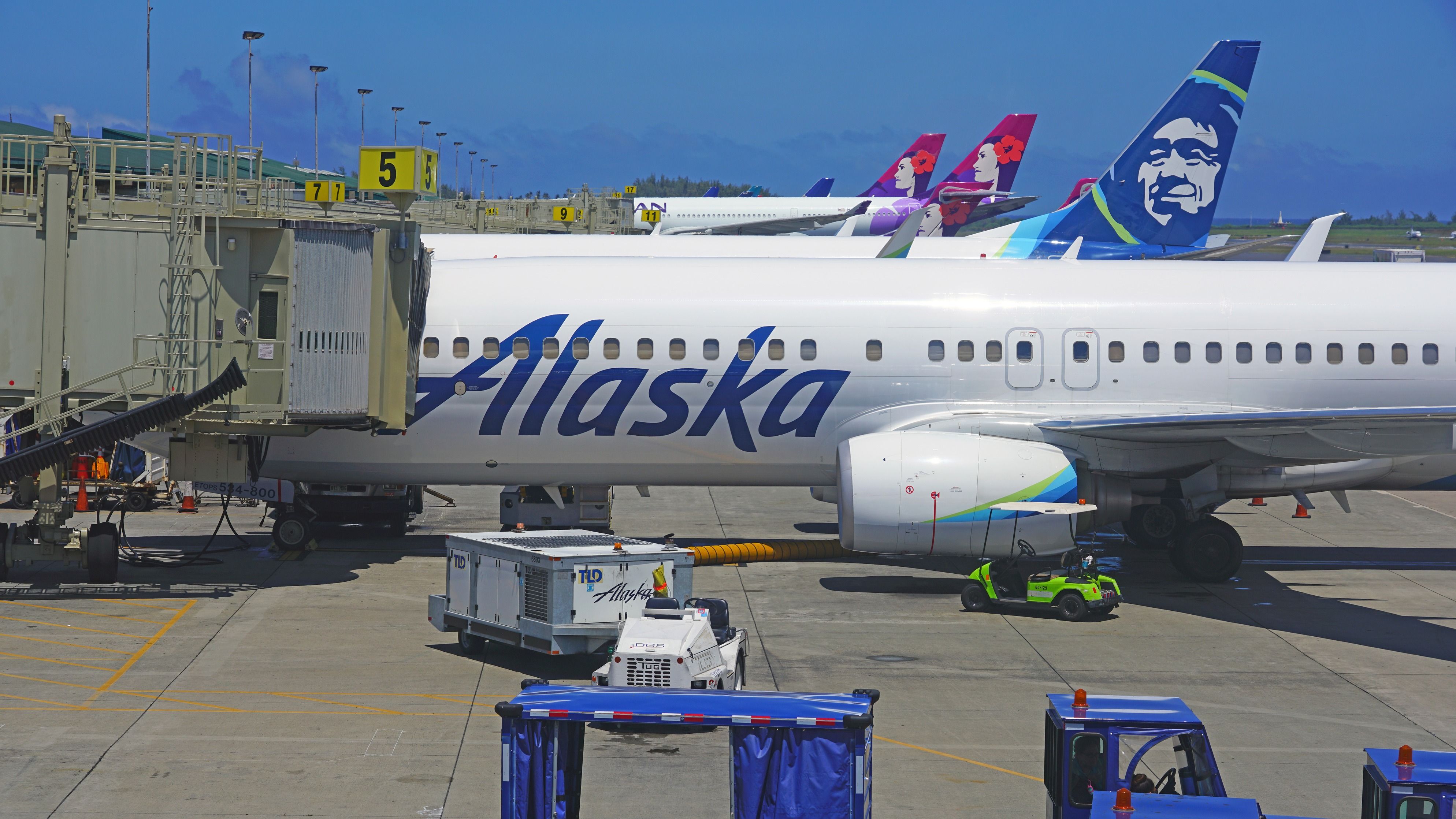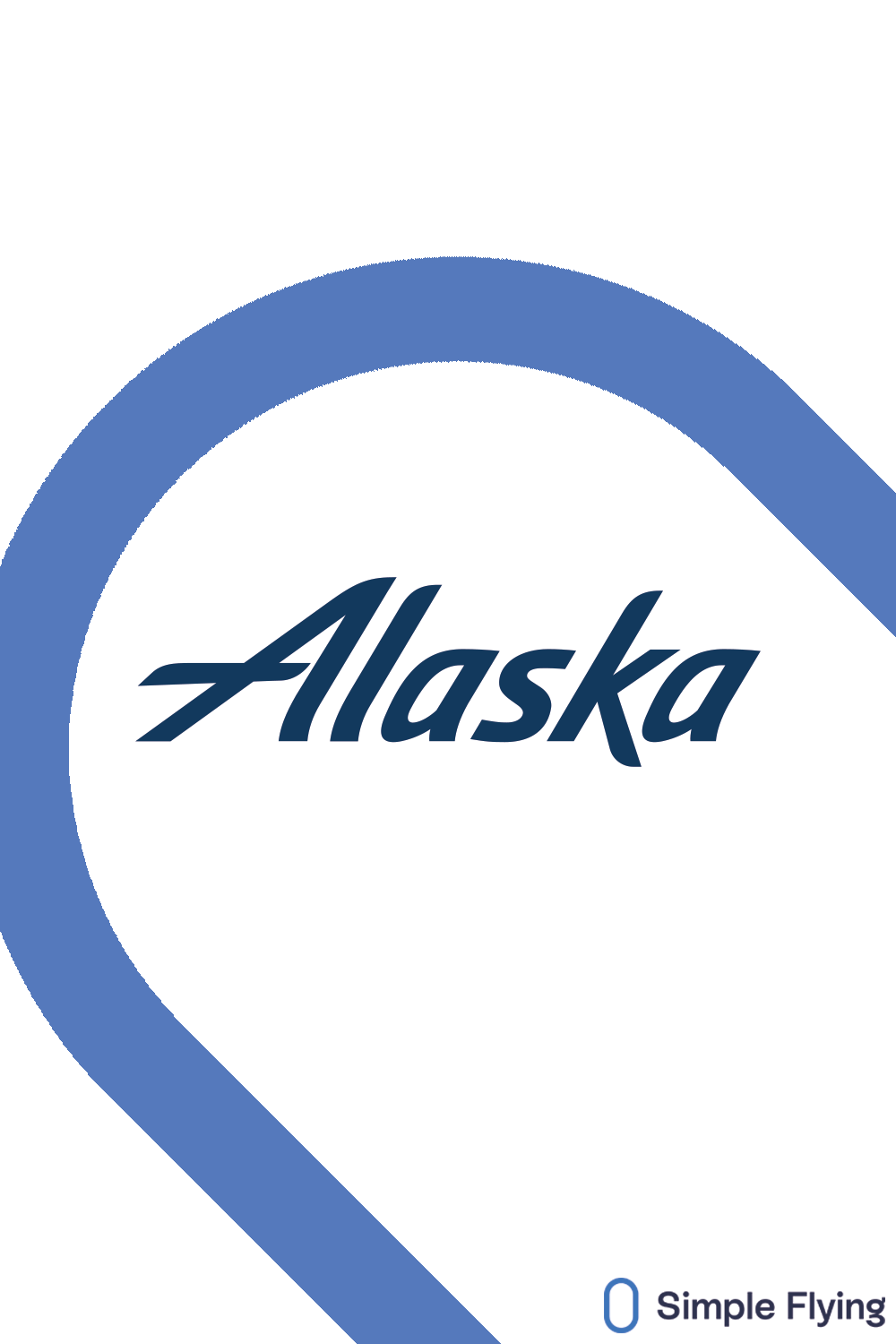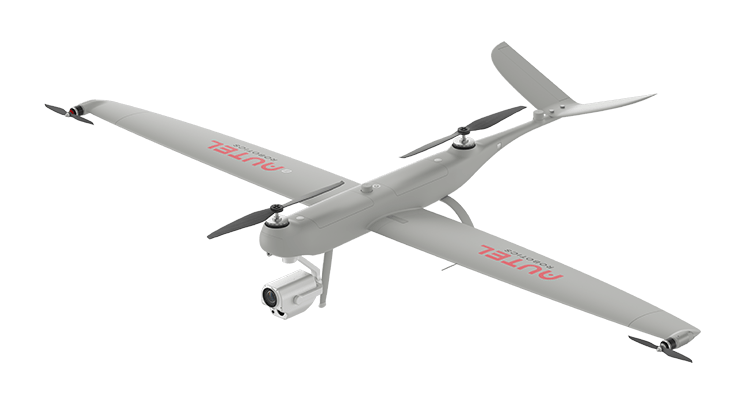Summary
- After the DOJ requested more information from Alaska Airlines and Hawaiian Airlines, the three parties right into a timing agreement.
- The Alaska Airlines and Hawaiian Airlines merger was announced in December 2023.
- Nonetheless, the DOJ has change into more stringent prior to now 12 months, including the Department blocking the JetBlue and Spirit Airlines merger.
Alaska Airlines, Hawaiian Airlines, and america Department of Justice (DOJ) recently reached an agreement referring to the timing of their merger. The 2 airlines agreed to not finalize the merger for 90 days after they received the DOJ’s approval following an extra request for information from the Department.
Additional information concerning the merger
In keeping with the US Securities and Exchange Commission (SEC) filing, the DOJ’s Antitrust Division requested additional information and documents (Second Request) from each airlines regarding their merger.
Because the merger is conditioned on the expiration or early termination of the statutory waiting period under the Hart-Scott-Rodino Antitrust Improvements Act of 1976 (HSR Act), in addition to other regulatory approvals, the second request prolonged the waiting period under the HSR Act until 30 days after Alaska Airlines and Hawaiian Airlines have complied with the DOJ’s request.
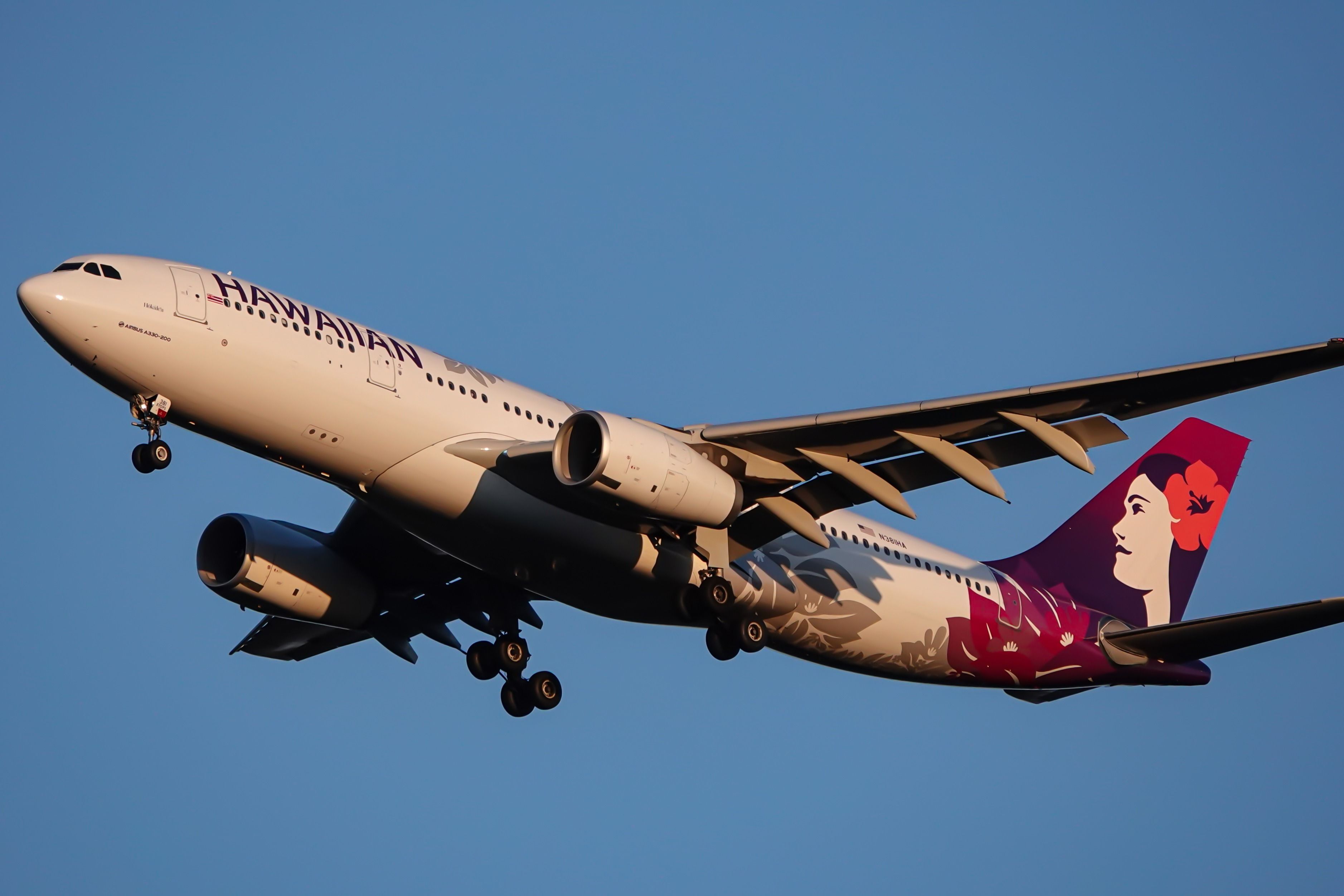
DOJ Asks For More Information On Pending Alaska Airlines – Hawaiian Airlines Merger
What’s the newest with the proposed merger?
Timing the Alaska-Hawaiian merger
As such, the three parties entered right into a timing agreement, leading to the 2 carriers agreeing to not proceed with the merger prior to 90 days after the DOJ had certified substantial compliance with the Second Request. The agreement was signed on March 27, 2024, with the SEC filing noting that each Alaska Airlines and Hawaiian Airlines have been cooperating with the DOJ and expect to proceed doing so in an effort to gain approval for the merger.
Alaska Airlines and Hawaiian Airlines announced their merger on December 2, 2023. Then, the previous airline said that it could acquire the latter in an all-cash deal, paying Hawaiian Airlines’ shareholders $18 per share. On March 27, the carrier’s shares closed the day of trading at $13.32, barely down from its peak of $14.72 per share on January 29.
Nevertheless, the merger agreement promised that each airlines would keep their branding while, at the identical time, integrating their operations right into a single operating platform. This can enable each carriers to offer their passengers top-quality service and hospitality.
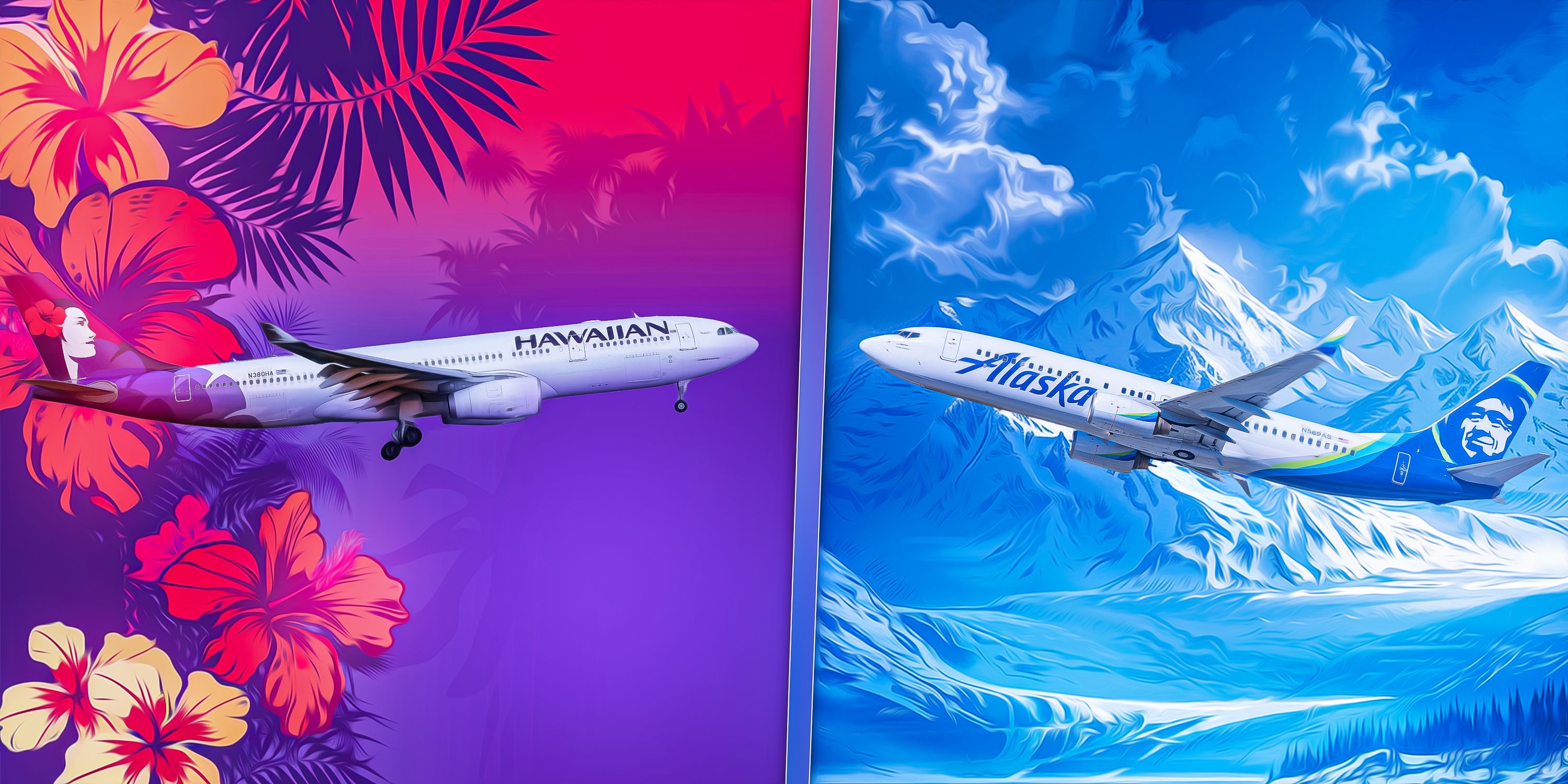
In Focus: Why The Alaska-Hawaiian Merger Could Be Good For The US Airline Market
Hawaiian Airlines shareholders have overwhelmingly approved the merger.
More conservative DOJ
Nonetheless, recently, the DOJ has been more stringent when reviewing and approving mergers, which included its effort to sue the JetBlue and Spirit Airlines deal, which eventually was struck down by a US District Judge.
As well as, the DOJ has essentially dismantled the Northeast Alliance (NEA) between American Airlines and JetBlue, which saw each airlines combining their efforts to grow capability in Boston and Latest York with a codeshare and frequent flyer program agreements. When the Department won the lawsuit against the NEA, the DOJ said that the court ruled that,
At the identical time, the JetBlue and Spirit Airlines merger had one major hurdle to clear: the differentiating business models of each airlines. While at first glance, each airlines have the same fare structure, the merger would have eliminated an ultra-low-cost competitor for JetBlue, based on the DOJ, leading to fewer decisions and better fares for US consumers.
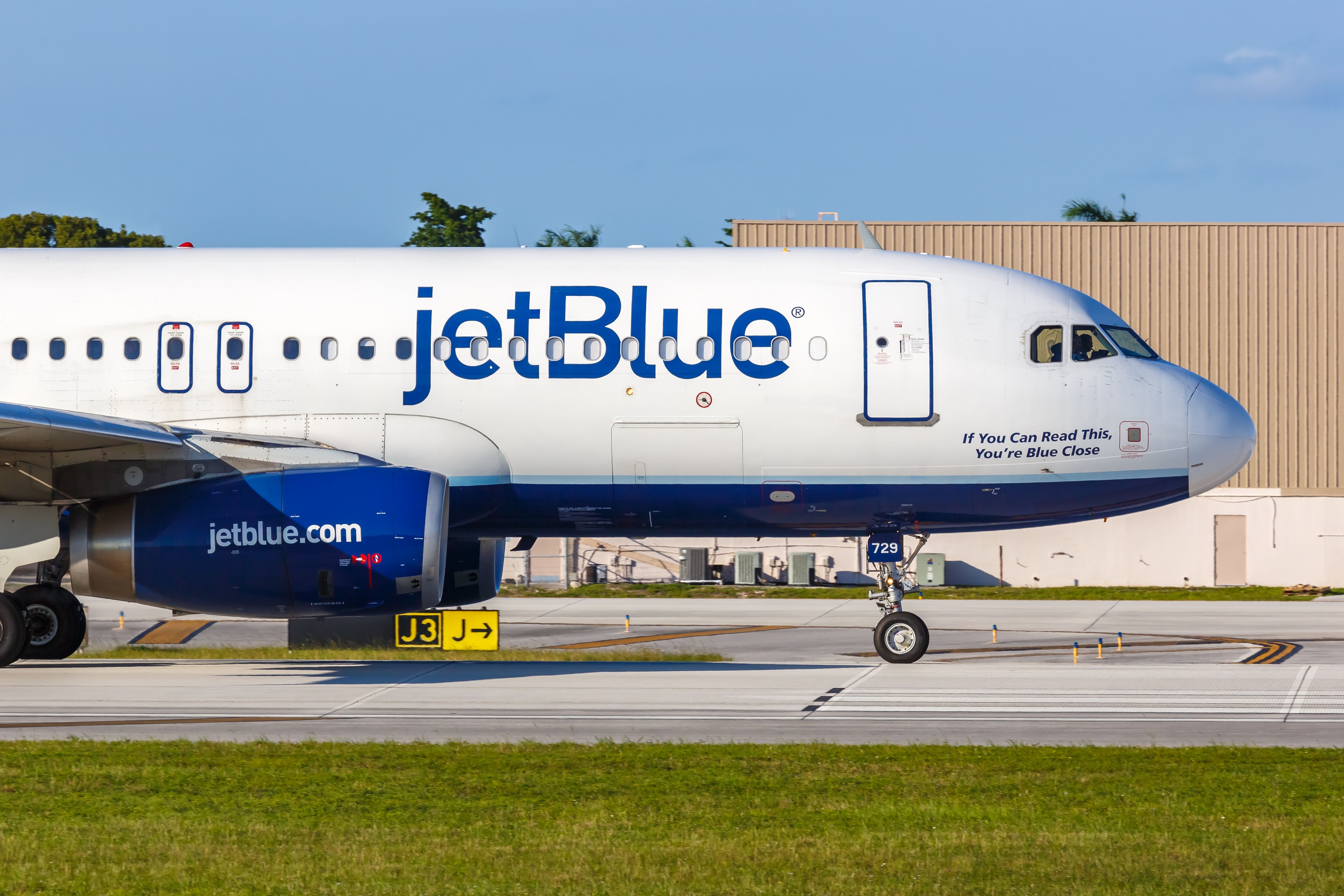
Merger Blocked: What’s Next For JetBlue & Spirit Airlines
Seemingly, JetBlue and Spirit Airlines must different futures ahead of them following a judge’s ruling against their merger.

